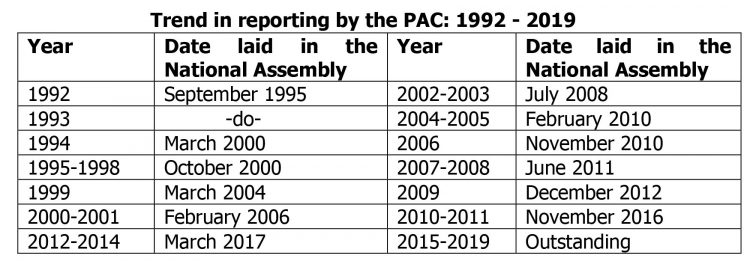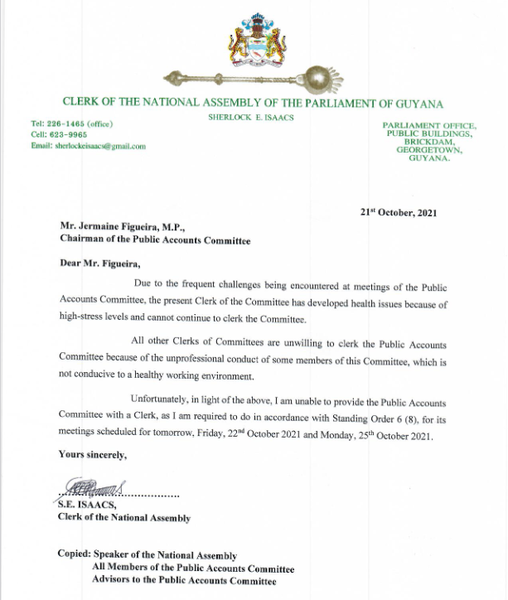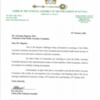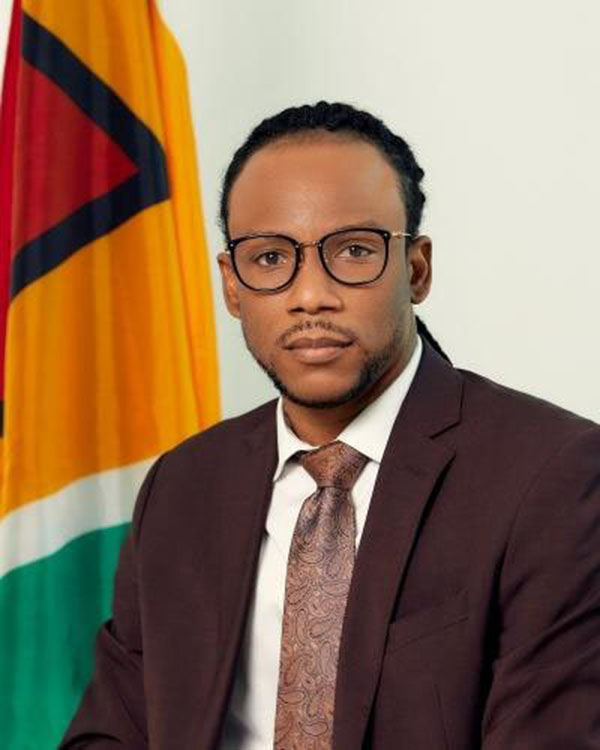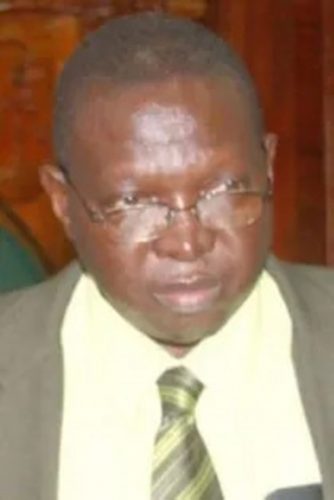There is a standing resolution of Public Accounts Committee that requires it to meet Mondays and Fridays
Dear Editor,
Gail Teixeira is being deliberately misleading concerning the Public Accounts Committee of the National Assembly and a motion to rescind a resolution of the Committee. This, therefore, requires me to bring clarity.
The facts are as follows:
1. The Public Accounts Committee has a backlog of work dating from 2016.
The Auditor General has been up to date with regards to the Auditor
General’s Reports. The 2020 Auditor General’s Report was presented to the
Speaker of the National Assembly in September of this year and at that
ceremony no less a person than the Speaker himself ‘charged’ the PAC to clear the backlog of work to examine the recent Auditor General’s report.
2. Accordingly, the PAC, recognizing the need to clear the backlog of work passed a motion to meet two times per week, Mondays and Fridays. The
motion as carried became a resolution of the Committee.
3. At the first Friday meeting after the passage of the motion, no
Government member attended. More shocking, was the absence of all the
Advisors to the Committee and the agencies that were supposed to be examined. The Auditor General, Accountant General, Finance Secretary,
Ministry of Local Government and Regional Development, and Ministry of
Health were all no-shows.
3. At the meeting on Monday, October 18, Gail Teixeira submitted a motion to rescind the resolution of the committee which was passed to enable the PAC to meet twice weekly. It was a one-sentence motion that simply called for the rescinding of the motion that was passed at the 17th Meeting of the PAC.
4. The Chairman after listening to both sides of the committee adumbrated
that there is a need for time so that he can consult and get the best guidance in moving forward. He requested Monday, October 25, 2021. This was accepted unanimously. The committee moved on to the day’s business.
5. At the close of the day’s business the Chairman adjourned the meeting to Friday, October 22, 2021, in keeping with the resolution of the committee.
For clarity, it must be understood that not because the committee accepted unanimously to allow the Chairman the time, he requested to address Ms. Teixeira’s motion, it means that the resolution can be breached. There is a standing resolution of the Committee that requires it to meet Mondays and Fridays. There is no danger of a miscarriage of justice nor any jeopardy that will result from the PAC on the two days as resolved. Therefore, the Chairman adjourned the meeting to Friday, October 22, 2021, in keeping with the resolution of the Committee.
It is important that the work of the PAC be allowed to go on without the malevolent actions of the government side.
Those are the facts.
Yours faithfully,
Ganesh Mahipaul, M.P.
PAC Member

